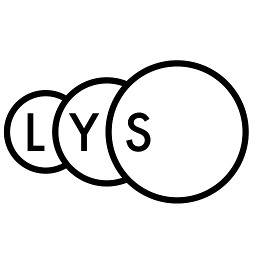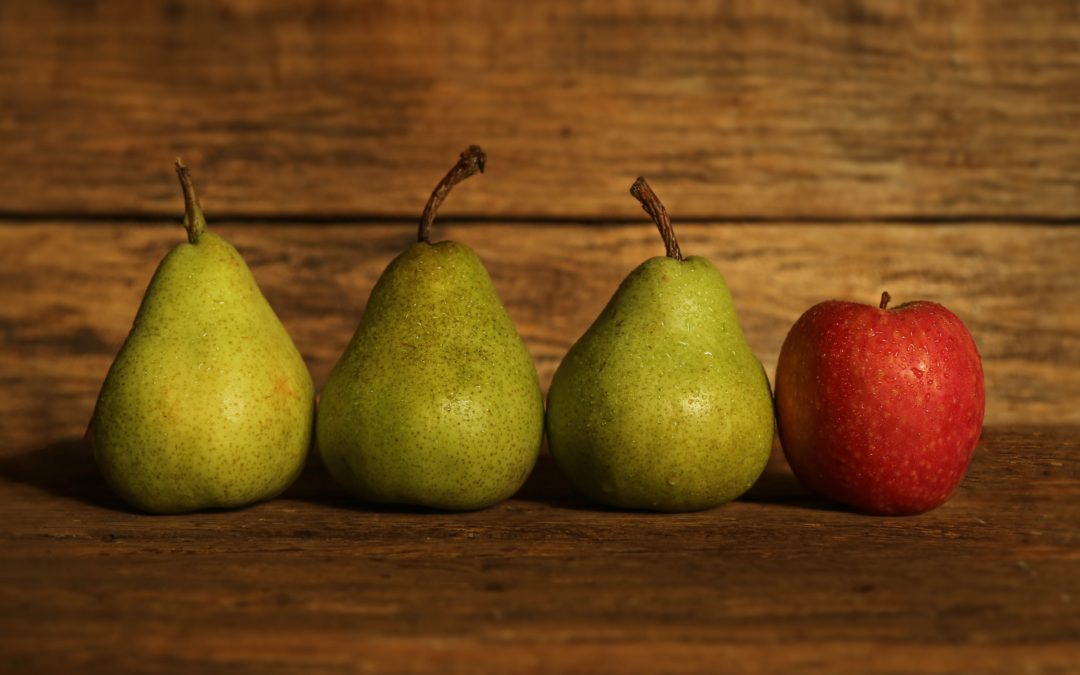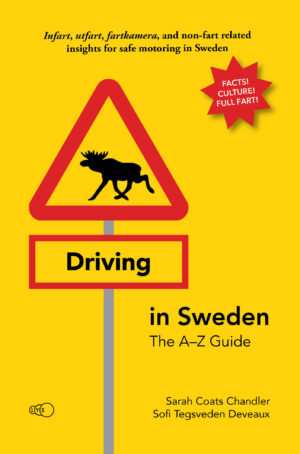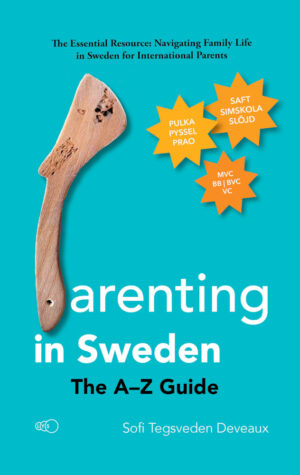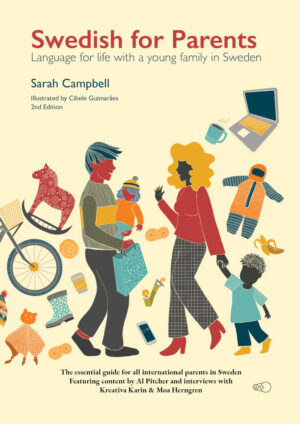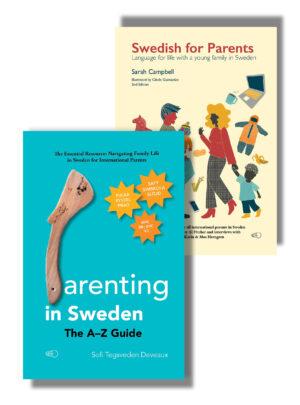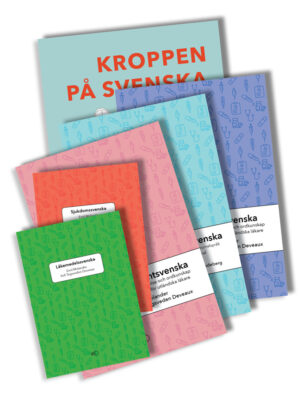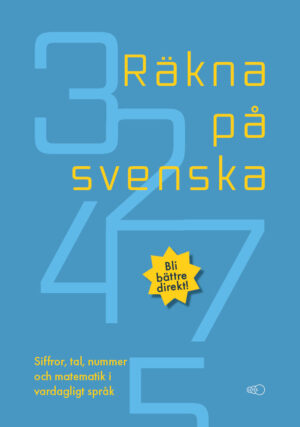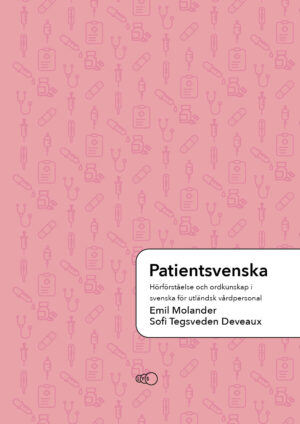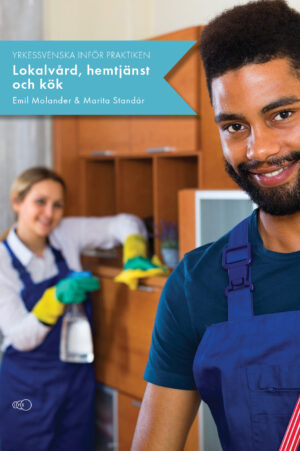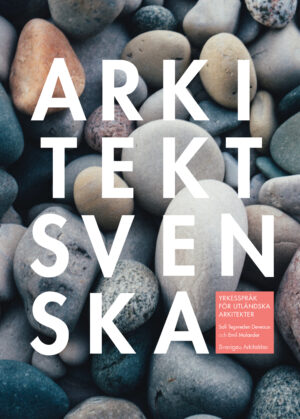The purpose of this and other LYS articles relating to the current coronavirus pandemic is to share the personal experiences and perspectives of individuals currently experiencing the crisis in Sweden. Our contributors come from different backgrounds and have their own views based on their cultural lens. Contributors are not claiming to be, nor are they experts in virology, epidemiology or infectious diseases. Contributor knowledge on these subjects and government approaches should be assumed as base with the general public as learnt through media coverage and easily digestible scientific articles readily available on the coronavirus.
Culture, crisis and corona: an immigrant perspective
Sarah Coats Chandler
I’m anxious. And a little bit angry.
And yes, it is all about the whole Coronavirus-Covid 19 business. For the past three weeks, my family has attempted to self-isolate. For the first two weeks, we kept both of our children home from förskola and my husband and I juggled the child care while working 100% from home. Anyone with small people will immediately recognise the challenge. Conference calls, glitter painting and meltdowns (both ours and theirs) are not conducive to family and work harmony.
But our decision to self-isolate and actively socially distance was our choice to try and keep us, and those more vulnerable, healthy.
However, this week we had to make the difficult decision to send our five and three year old back into the system, where the government and wider Swedish society expect them to be.
But if this new world we live in is going to be the reality for the foreseeable future, then we couldn’t maintain our work commitments, be good parents, retain our sanity and get enough sleep. Not possible. So the decision was made. Back to förskola.
If we were Swedish, then I assume, this would have been a much easier decision. Because that is what the authorities have recommended. But I’m not Swedish. It seems that I’m missing the DNA that gives absolute trust and faith in the government. I’m anxious, uneasy and scared about the Swedish approach. I question, I want explanations, I want to know why ‘Sweden is going it’s own way’.
I want to be reassured and have my fears acknowledged. As a parent of a child whose asthma is triggered by a common cold. As an immigrant who may not know the nuances of the Swedish language. As an adult who can see local behaviours in conflict with global advice.
All around the world countries including Italy, the UK, South Korea, France, Australia, Canada, the US, India, Spain and our Nordic neighbours are taking, what seem to me to be more dramatic steps, including a combination of complete and partial lockdowns, shutting schools, closed borders or testing more individuals. So, it’s only natural to question why your adopted country feels like the odd one out. Let me be clear, Swedish authorities are taking measures and the approach and acceptance by Swedes has been beautifully articulated in a blog by my colleague Sofi. But for me, uncertainty lingers. And I’m not alone. I have seen a tidal wave of emotions let loose on social media and among foreign-born friends, who are feeling dismissed and categorised as hyper-worried and paranoid. I am reading about international couples who are culturally so far apart on this, it threatens the very fabric of their foundation.
For many immigrants, we don’t exist in a Swedish bubble, we all consume media from our home countries and have friends from all corners of the globe asking us, why? We are not all from a country where there is inherent trust in public officials. And for many of us, questioning and being skeptical about authorities is part of our DNA, either for cultural reasons or worse, for survival.
So, being told that we just need to follow the guidelines of Folkhälsomyndigheten, isn’t good enough. For many who have made Sweden their home, the conflict between what we are experiencing here, and what we are seeing in our home nations, is too vast to reconcile. Jarring.
Additionally, this might be the first time we’ve heard about this agency. We have no pre-existing trust, experience or confidence in the agency that is now leading the country down a notably different path than that being taken by governments in other countries, either for political or scientific reasons.
As an immigrant, I am acutely aware of my need to understand culture, to be mindful of difference, to accept the ‘Swedish’ way. And most of the time I do. Indeed my work with LYS is primarily focused on Swedish culture and the migrant experience, shining a light on both the tricky and the terrific. But like any culture, there is no one size fits all, as examined so acutely by two of our LYS authors, Mattias Axelsson and Tomas Spragg Nilsson in their books, Beyond Fika and Fear and Falukorv. Swedish culture and traditions are both new and old, individual and collective but are certainly not common to all. What our authors reveal is the fluidity of ‘Swedishness’. How time, place, age and experience all define what being Swedish means to the individual. And I totally get that. I respect the cultural difference.
But at the moment I’m not feeling any reciprocal cultural consideration. When I hear the state epidemiologist explain that some of the decisions are based on Swedish behaviours or culture, I am completely baffled. And excluded. Which is a bit concerning during a global pandemic.
First, the cultural assumptions are pretty broad. Do they apply equally in a large, multi-cultural city like Stockholm as they do in a small town in Småland? Is this compliance that they speak about applicable only to healthcare? Because I see the rate of compliance with the recommendation to not use mobile phones when driving. And distancing? Well perhaps these experts haven’t been on a bustling morning commute in a while. So, forgive me if I’m not entirely convinced by these arguments.
Second, how inclusive is this language? I certainly don’t feel included. It really rams home that I’m not Swedish, that I don’t belong. That I am not aware of an invisible social code of conduct and set of behaviours that will protect Sweden and Swedes from the same fate as every other country dealing with this virus. Something could be lost in translation but for a country that prides itself on being open and inclusive, it feels like an own goal. Not accounting for language and behavioural nuances is either incredibly stupid or arrogant. Or both.
Let me be clear, I don’t want a lockdown. I don’t want my freedom curtailed any more than my Swedish neighbours. And I really, really hope the Swedish way works. But I can’t help the sick feeling in my stomach, the worry, the anxiety. I don’t want this to drive a wedge between me and Sweden, my Swedish friends and colleagues or my trust for the state. But what I would really like, is some cultural awareness and sensitivity from those leading us through this confusing time.
And it’s not just the authorities, I’ve seen some sloppy journalism also rehashing stereotypes about ‘Swedish behaviours’ which will help insulate the country. At a time when when we are told to deal in facts, to not buy into hysteria and take responsibility, it is imperative that the language from the top is clear, inclusive and directive. Not vague and reliant on a set of social codes that many of us feel excluded from.
Sarah Coats Chandler, April 2020
Communication Lead and Editor, LYS
Writer of Catching Snow
